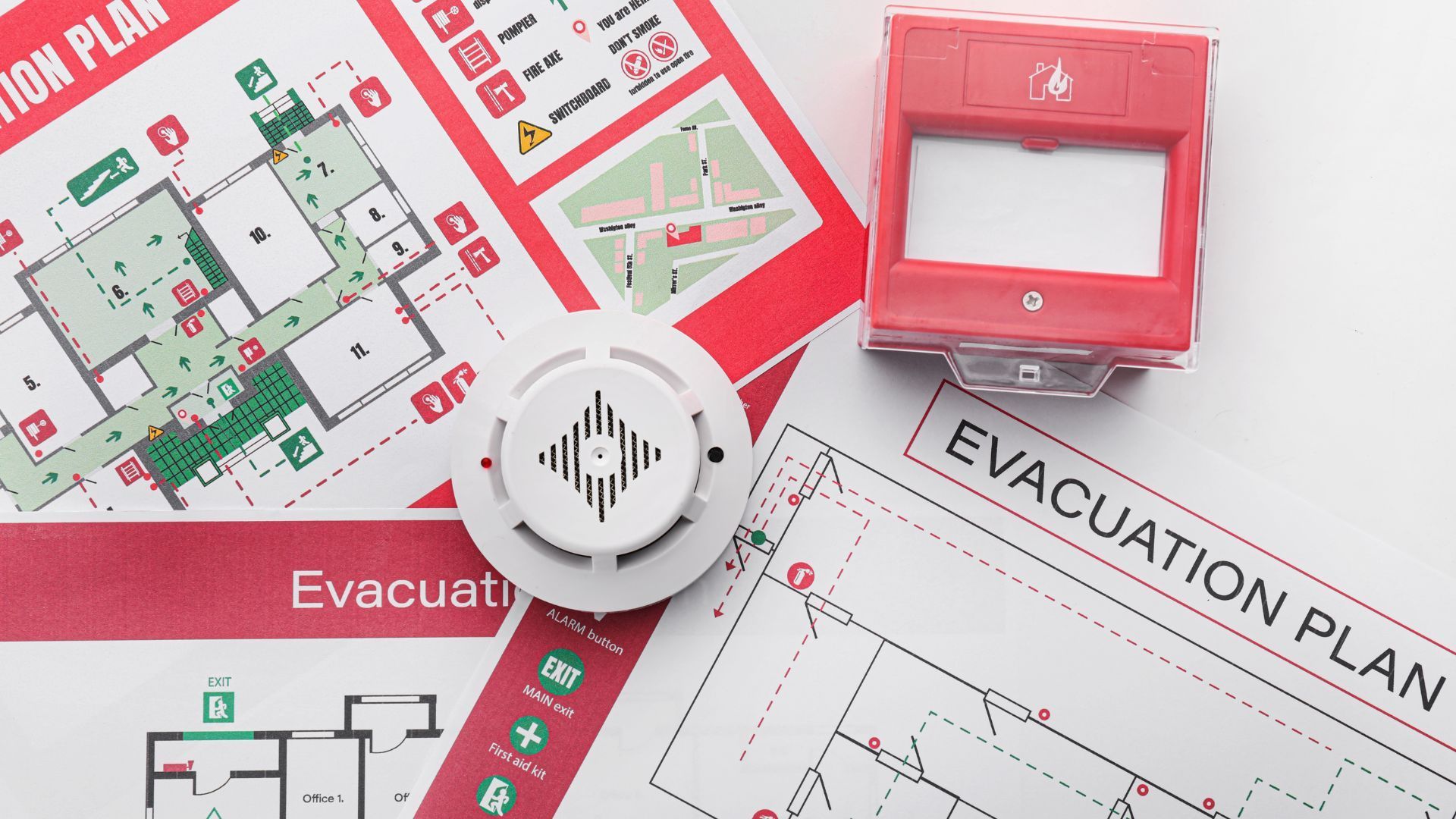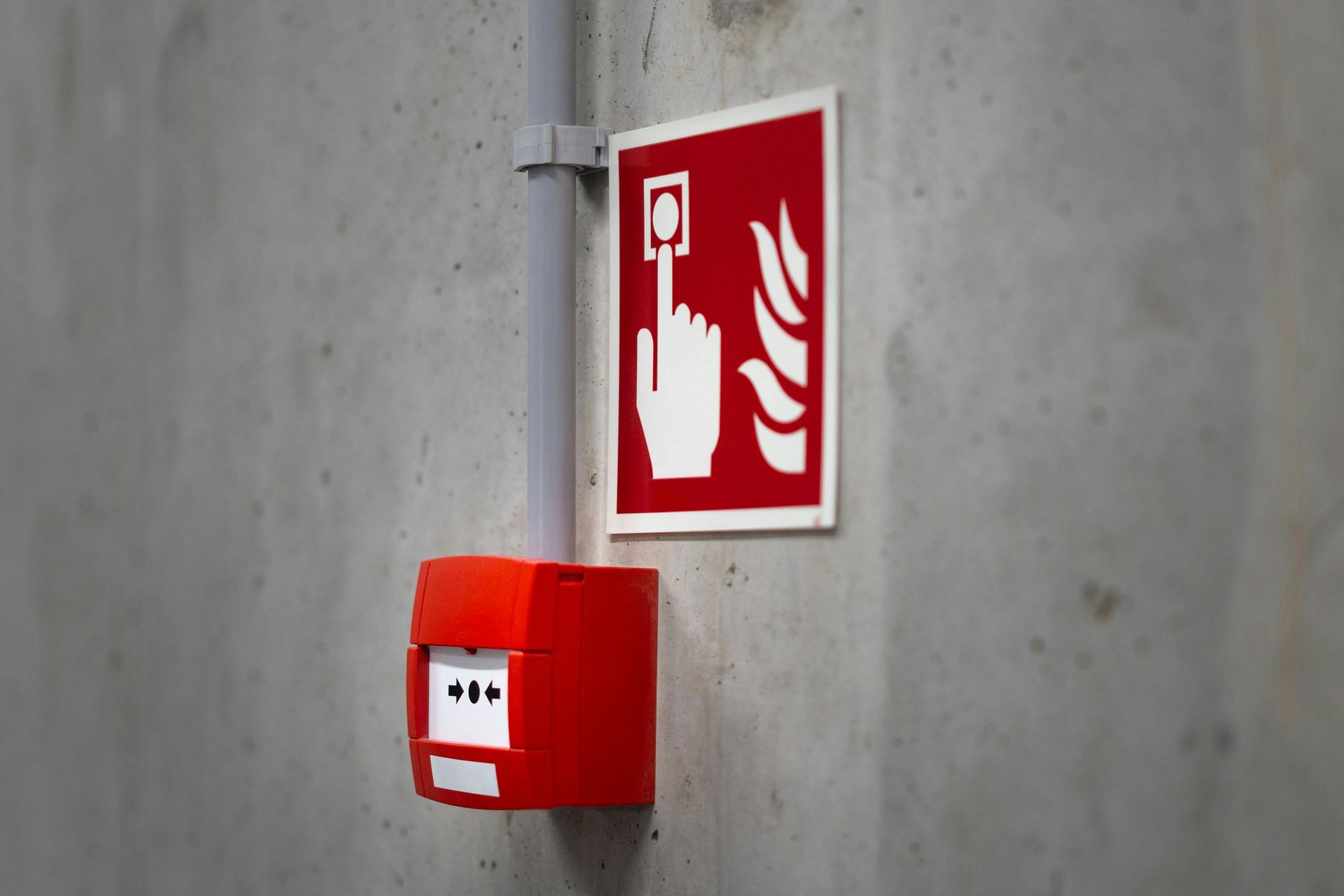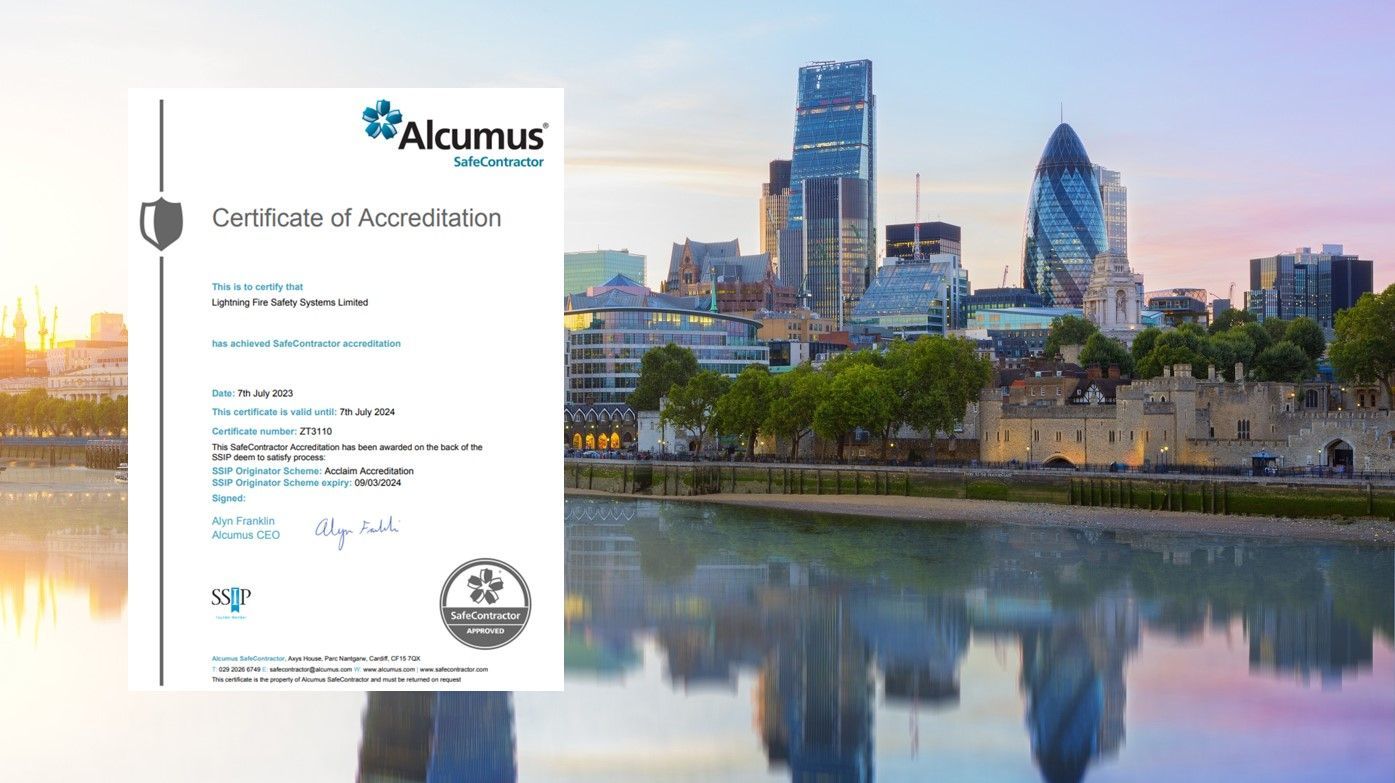Business Fire Alarms
Every business, regardless of size or sector, has a duty to keep its employees, customers, and premises safe. Among the most critical components of workplace safety is the fire alarm system.
In the UK, thousands of fires occur in commercial properties each year — from offices and warehouses to shops and restaurants. Many of these incidents result in injuries, devastating losses, and in some cases, complete business closure. A properly installed and maintained fire alarm system is often the first line of defence.
Here’s why fire alarms aren’t just a legal necessity for UK businesses — they’re a vital part of operational safety and long-term resilience.
Under the Regulatory Reform (Fire Safety) Order 2005, all UK businesses must have appropriate fire detection and warning systems. The law applies to nearly all non-domestic premises, including:
· Offices and shops
· Factories and warehouses
· Pubs, clubs, and restaurants
· Hotels and B&Bs
· Public buildings like schools, hospitals, and care homes
Business owners or designated ‘responsible persons’ (such as managers or landlords) are legally obliged to carry out fire risk assessments and ensure adequate fire safety measures, including working fire alarms.
Failure to comply can lead to enforcement notices, fines, or even imprisonment in severe cases.
The most important reason to install fire alarms is simple: saving lives.
In a commercial building, the risks are amplified by:
· High foot traffic
· Confined workspaces
· Equipment or machinery that could ignite fires
· Delayed detection in large or multi-storey buildings
A working fire alarm provides an early warning to evacuate safely, allowing staff and customers time to escape before smoke or flames escalate. In workplaces with vulnerable individuals, such as care homes or nurseries, early warning is critical.
Fires can devastate a business in minutes. Even small fires can lead to:
· Costly structural damage
· Loss of stock, equipment, and data
· Business closure during repairs
· Loss of customer trust
A fast alert from a fire alarm can significantly reduce response time, meaning emergency services can arrive before the fire spreads.
This not only helps protect physical assets but also minimises downtime — something especially vital for small businesses that may not recover from extended closures.
Many commercial insurance policies require businesses to have functioning fire alarm systems in place. Insurers may refuse to pay out for fire-related claims if it’s found that alarms weren’t installed, maintained, or regularly tested.
Investing in a compliant system — and keeping thorough records of testing and maintenance — can help lower premiums and ensure claims are honoured in the event of a fire.
A visible commitment to safety reflects positively on your business. When employees, clients, and partners see that you take fire safety seriously, it builds trust and morale.
Staff are more confident working in an environment where they know their safety is prioritised, and clients are more likely to engage with a business that meets all its legal and ethical responsibilities.
· Modern fire alarm systems can be tailored to the specific needs of your premises:
· Conventional or addressable systems for large office blocks
· Wireless fire alarms for listed buildings where wiring is restricted
· Integrated alarms that connect with sprinkler systems, smoke control, or emergency lighting
As an accredited fire safety provider, Lightning Safety can help you assess your risk and design the right system for your premises.
Fire alarms are not just tick-box exercises — they are a fundamental investment in the safety, sustainability, and credibility of your business. In the UK, staying compliant with fire safety regulations is a legal duty — but more than that, it’s a moral obligation to protect people and property.
If your business hasn’t reviewed its fire alarm system recently, now is the time to act. A comprehensive fire risk assessment and a reliable alarm system could one day save lives — and your business.













